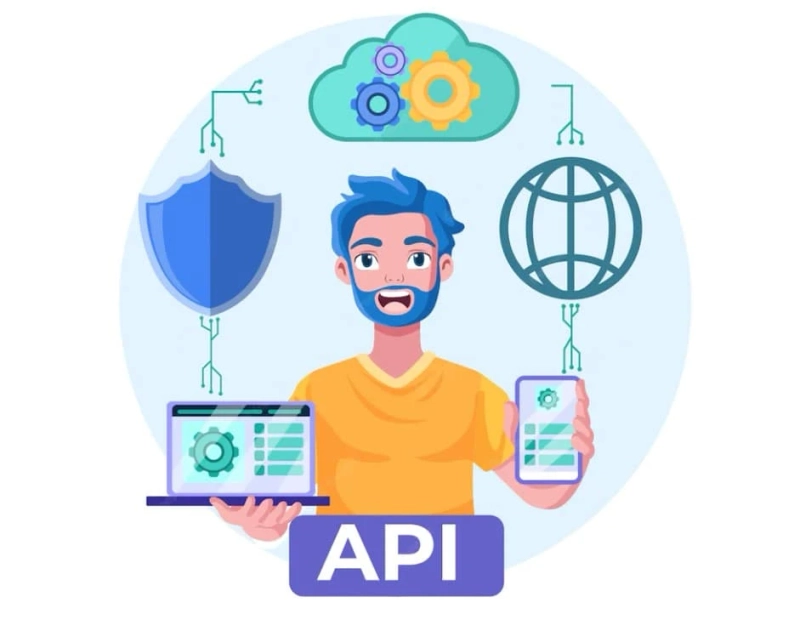APIs are becoming new to go to when it comes to managing businesses. They offer a new platform where businesses and enterprises can interact with their customers through smartphone apps. However, the APIs come with a set of vulnerabilities. Cyberattacks continue to take advantage of vulnerable technologies, processes, and people. They are upping their game and going beyond their usual targets. Nothing appears to be out of their reach; thus, no one or business is 100% safe. For this reason, you need to think about your API security critically.
Why API Security Is Vital
In today\'s app-driven world, where almost every business is run through smartphone apps, APIs have proven to be the key element in making it possible. Regardless of the nature of your business, provided it\'s internet-based, you will rely heavily on APIs to drive things forward. As a result, APIs have become the most critical parts of modern web applications and mobiles, from banks and governments to IoT.
Although using APIs brings with it lots of benefits, it also carries along some inherent security problems. From its nature, APIs tend to increase an application\'s attack surface, exposing sensitive internal data to cyberattacks. For this reason, its security is of utmost importance and urgency.
API Best Security Practices
You can implement several API security practices to ensure your APIs are secure. Some of these practices include the following:
Regular Vulnerabilities Assess
Vulnerabilities are any software\'s greatest nightmare. To up your game and strengthen your defenses against these threats, you need to constantly assess for any vulnerabilities in your API and have them fixed immediately. This will provide you with a way of identifying where the vulnerability is coming from and taking the necessary corrective measures to ensure it does not occur again.
Use Encryption
Encryption is the best way to conceal your information. It alters the information to only appear as random data for the attackers. However, it\'s vital to note that encryption alone does not prevent interference. It only denies the intelligible content to unauthorized personnel. Through encryption, you securely send and receive content through the API.
Validate Input Parameters
Keeping your user input in check is essential. Therefore, you need to constantly check, filter, and validate the inputs to your servers, especially for large amounts of data. This will allow you to validate these parameters and judge if they are safe to minimize any risks of exposure.
Use API Firewall
The API firewall is a lightweight micro-firewall acting as a security gateway and the only entry and exit point for all API calls. These firewalls have a special design to protect the APIs endpoints in cloud environments. It\'s one of the best actions to upgrade your API security to prevent attacks as you monitor and filter the traffic before you forward them to your network.
APIs are a must-have tool in your business management system. But, first, you must ensure they have the best security to safeguard your network. If your existing network doesn\'t have the strongest API security capabilities, you need to seek the help of an API security specialist vendor to get you sorted. Ideally, you can still apply the use of AI to help identify the threats.



